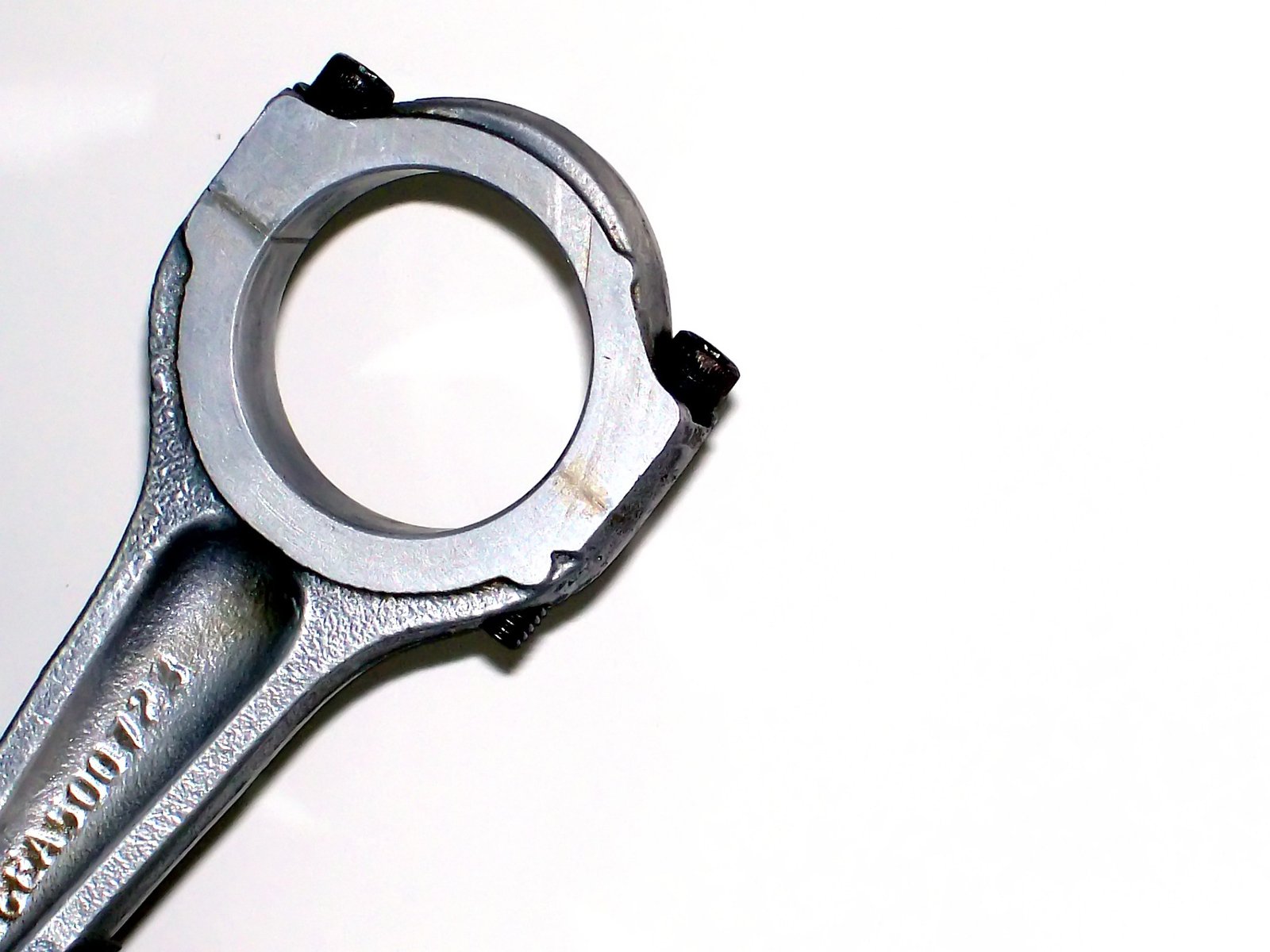

TWO days ago we responded to erroneous assertions that EPO staff representatives have not been warning about patent quality until recently. This is patently false. We'd like to revisit this in light of our previous post, which was about bogus patent grants in the US (in the late 90s).
SUEPO has been busy sloganeering about declining patent quality since at least 2008 and Pompidou/Brimelow era.
http://www.iam-media.com/blog/detail.aspx?g=f440a64b-b45f-4af8-b02f-431db4f17c90
That last comment referencing AHP v Novartis is interesting for its suggestion that specialist patent judges are no nonsense types, who hold patent owners to the consequences of slips in their claim drafting. Perhaps SC judges are more generous?
Anon, you set me thinking that, in the litigation here, perhaps neither side fancied explaining to the SC the EPO habitual no nonsense brutal approach to claims to an undisclosed intermediate generalisation. That would explain Neuberger's observations on the EPO prosecution events.
But how might it be, that neither side educated the court? The patent owner would perhaps not want to alert the judges to its drafting slip lest the judge take the easy line, and punish him for it, as in the AHP case. The accused infringer would not want the unfortunate momentary drafting slip discussed lest it lead the SC to sympathise with the patent owner, conclude that a finding of no infringement would be disproportionately heavy punishment for a moment's carelessness, and serve justice by finding infringement.
Does any reader know how much education the SC got from the parties, on undisclosed intermediate generalisation practice at the EPO?